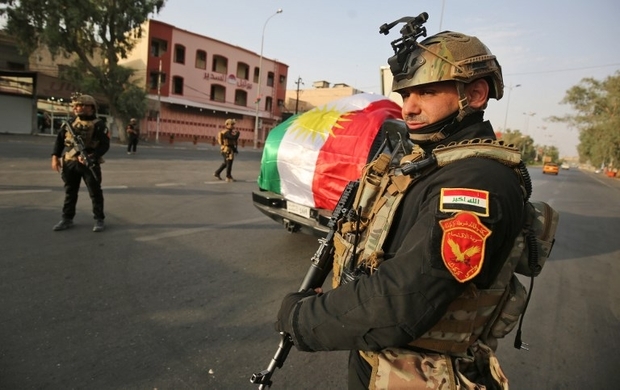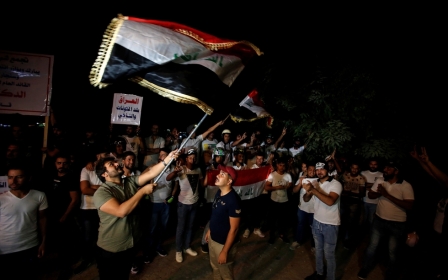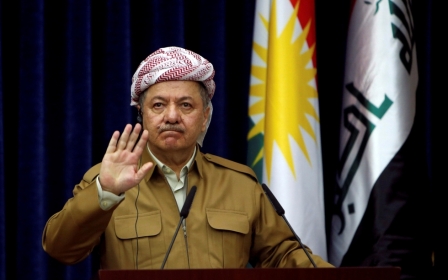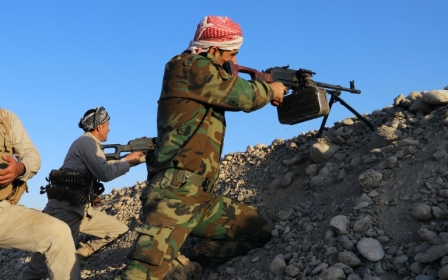Iraq's Kurdistan offers to freeze independence vote result

The Kurdistan Regional Government early on Wednesday offered to freeze the results of an earlier referendum on independence as part of an offer to defuse the crisis with the Iraqi central government in Baghdad.
The statement also called for an immediate ceasefire and a halt to all military operations in the northern region. The KRG called for open dialogue between Erbil and Baghdad based on Iraq's constitution.
On 25 September, the semi-autonomous region in northern Iraq voted overwhelmingly for independence.
Last week, Iraqi forces took control of the oil-rich province of Kirkuk from Kurdish peshmerga fighters following a three-hour battle.
Iraq's Supreme Court on Thursday ordered the arrest of the KRG's vice president, Kosrat Rasul, for allegedly saying the Iraqi troops in Kirkuk were "occupying forces".
Thousands of Kurds have fled Kirkuk fearing retribution and further unrest in the multi-ethnic city, according to Kurdish officials.
On Monday, US Secretary of State Rex Tillerson urged the Iraqi government and the Kurdistan region to resolve their conflict over Kurdish self-determination and disputed territories through dialogue.
Baghdad retaliated against the Kurdish vote by isolating the Kurdistan region, including imposing a ban on international flights to Erbil.
"We don’t want to enter into any battle against any Iraqi component," Iraqi Prime Minister Haider al-Abadi said on Sunday. "When we entered Kirkuk we sent a clear message that the citizens of Kirkuk are important to us."
Iran on Wednesday opened a border crossing with Iraqi Kurdistan which had been closed following the independence referendum.
Washington has supported both Iraqi troops and Kurdish peshmerga fighters in battles against the Islamic State group.
New MEE newsletter: Jerusalem Dispatch
Sign up to get the latest insights and analysis on Israel-Palestine, alongside Turkey Unpacked and other MEE newsletters
Middle East Eye delivers independent and unrivalled coverage and analysis of the Middle East, North Africa and beyond. To learn more about republishing this content and the associated fees, please fill out this form. More about MEE can be found here.




